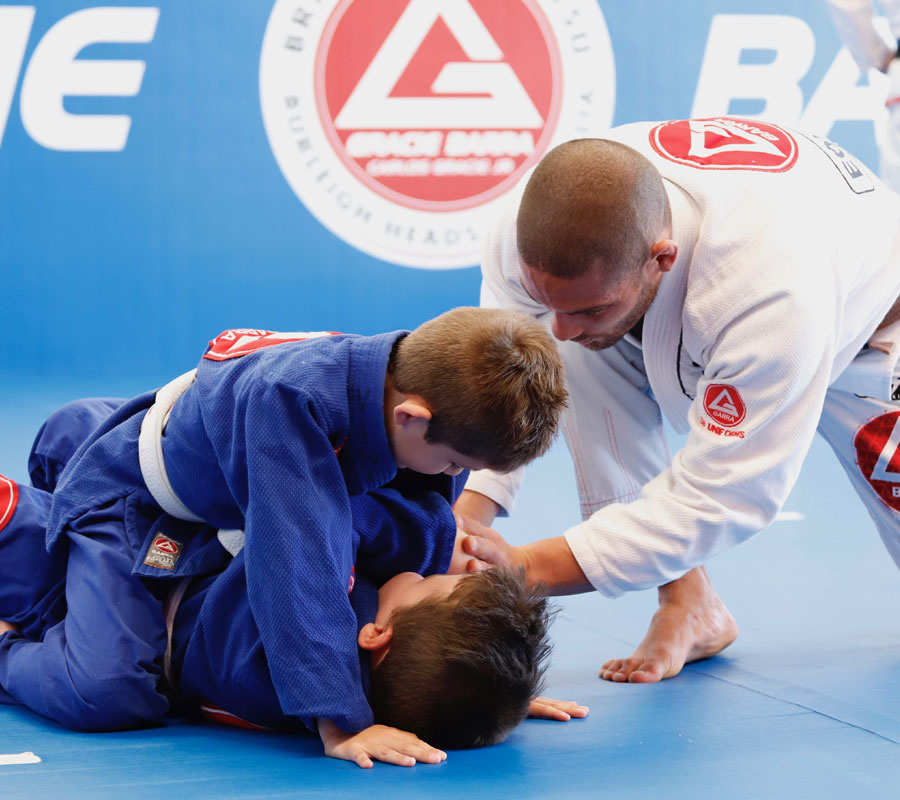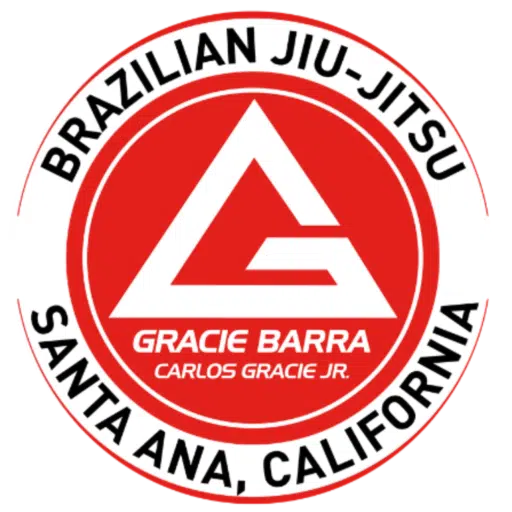Brazilian Jiu-Jitsu, a martial art originated in Japan and refined in Brazil, is not only a physical practice but also a philosophy of life. When applied to children and adolescents, Brazilian Jiu-Jitsu offers a variety of benefits that go beyond competition and physical conditioning. In this article, we will explore the positive aspects of this martial art for the development of children and adolescents.

Physical Development:
Brazilian Jiu-Jitsu is a comprehensive physical activity that promotes the development of strength, flexibility, endurance, and motor coordination. The fighting techniques and intensive training help children improve their physical skills in a playful and challenging manner.
Discipline and Respect:
One of the foundations of Brazilian Jiu-Jitsu is respect for others and for hierarchy. Children and adolescents learn from an early age to follow rules, respect their instructors and training peers, developing discipline and sports ethics that can be applied in various areas of their lives.
Mental Development:
Brazilian Jiu-Jitsu requires concentration and strategy. Children learn to make quick decisions and think strategically during training and competitions. This cognitive development has a positive impact not only on the sport but also on academic and social aspects of their lives.
Self-Confidence and Self-Control:
Regular practice of Brazilian Jiu-Jitsu teaches children to face challenges and overcome obstacles. As they master techniques and progress in belt levels, they gain self-confidence. Moreover, emotional control is essential in fights, helping practitioners deal with pressure and adversity in a balanced way.
Bullying Prevention:
Brazilian Jiu-Jitsu is an effective tool in combating bullying. Children and adolescents learn to defend themselves without resorting to violence, gaining physical and mental skills to handle conflict situations. Additionally, the integration into a positive and supportive environment provided by team training contributes to emotional strength.
Socialization and Teamwork:
Group training in Brazilian Jiu-Jitsu promotes socialization and teamwork. Children and adolescents interact, share experiences, and develop friendships. This creates an environment of mutual support, essential for emotional and social growth.
Mental Health and Well-Being:
Regular practice of Brazilian Jiu-Jitsu also contributes to mental health and emotional well-being. The release of endorphins during exercises helps reduce stress and anxiety, providing an overall sense of well-being.
In Short
Brazilian Jiu-Jitsu offers a variety of benefits for children and adolescents, extending beyond the physical and incorporating emotional and social aspects. The practice of this martial art not only shapes athletes but also contributes to the formation of disciplined, confident, and resilient individuals, preparing them for life’s challenges.




